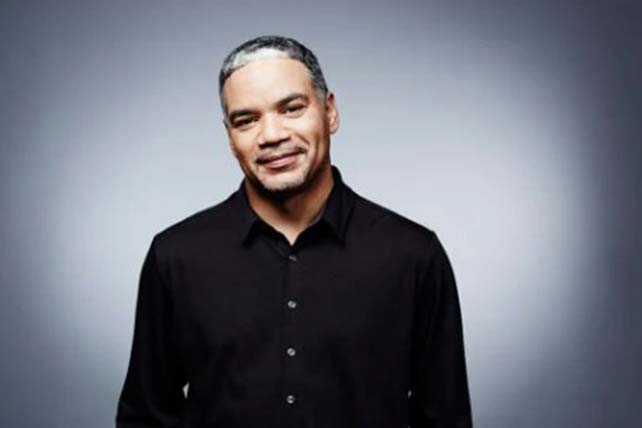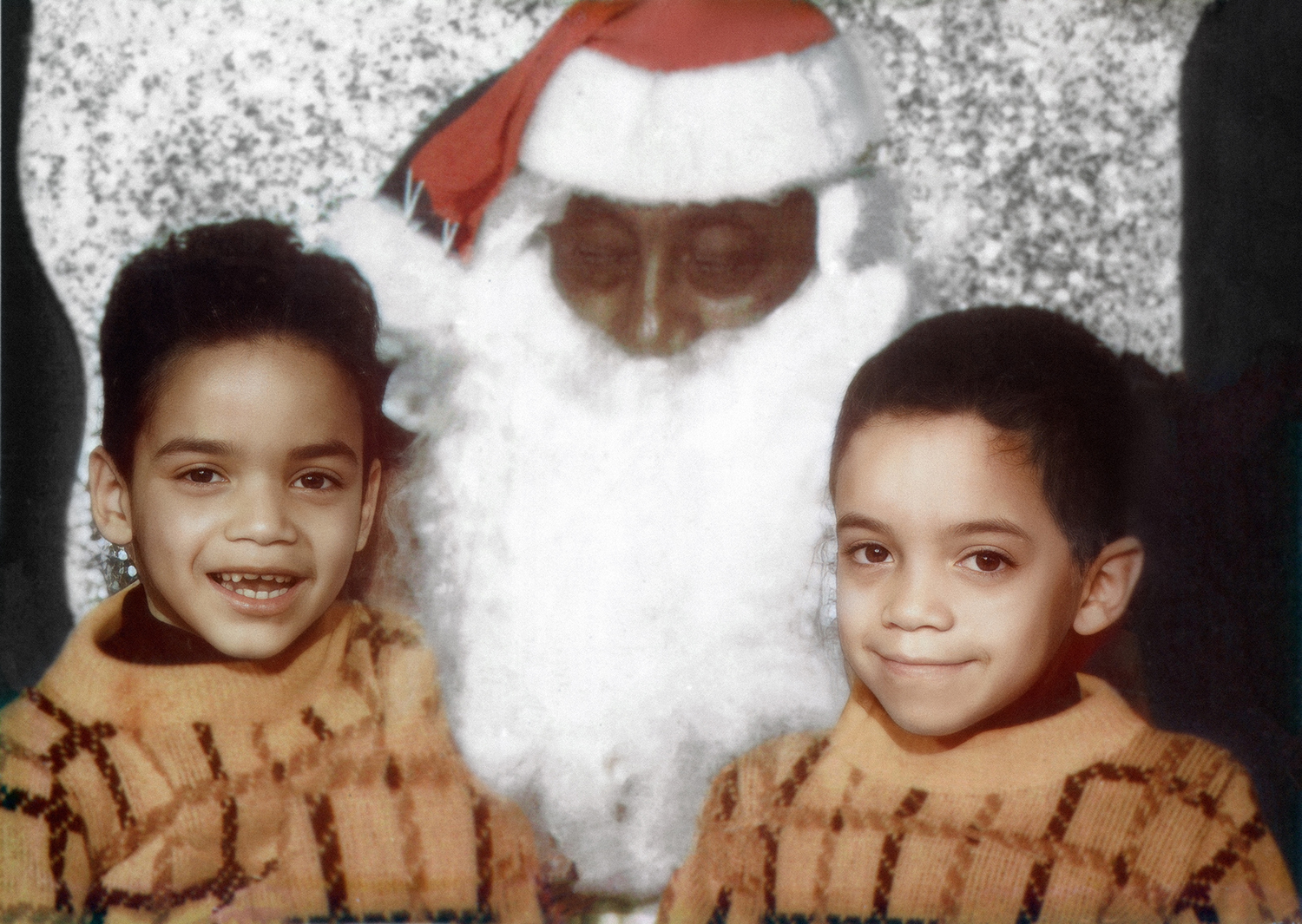You write about how your father’s family did not share with you for a long time that your mother had a mental illness. When you met her in the mental institution where she was housed, she asked for St. Jude (the patron saint of hopeless causes) prayer books. What did that mean to you?
For the first time in my life, I developed empathy for a white person. In that moment when I saw my mom and realized she had been in this place for much of her life and had suffered, I began to realize, wow, Black people aren’t the only ones that suffer. And it also meant a lot to me that I could see how much her faith meant to her, that she saw herself as a hopeless cause. My mom, in fact, was not a hopeless cause because she had faith and because she did things that were so courageous for a young white woman in that time. I began to see her not as a hopeless cause but in fact as a very powerful, inspirational woman.
You didn’t want to go to the Black Baptist church of your aunt as a child. How did your view of church change as you were introduced to multiracial congregations, first as a college student and later in life?
It was the first time in my life that I allowed myself to be vulnerable around white people. And that enabled me to be vulnerable around the white people in my family that I would later meet. It’s not just that the church converted me but that these white members of my family began to convert me when I began to meet them. I began to see that what was in them was also in me, because I had grown up absorbing a lot of racism. The very Christian perspective that we all have sinned and fallen short of the glory of God enabled me to connect with them.
At several points in your book, you describe being haunted by your white grandfather or you haunting him. Why did you choose to share this story?
I hesitated because I didn’t think a lot of people would believe me. But it was key to my development. This is a man who rejected me at birth, who assaulted my father, who had nothing to do with me, but he felt so much remorse that he had to find a way to communicate with me. I didn’t want it just to be a ghost story, but it was a ghost story with a meaning that this is what racism does to people. It really just poisons their soul so much so that they got to reach out to people from beyond the grave.
You call this book a “nontraditional story on race and faith.” What do you want people to carry away when they close your book?
I think people have become so disenchanted. They feel like these type of racial, political divisions are a permanent part of our future. But I’ve seen people change in incredible ways in my family. I’ve seen people change in incredible ways in the churches I attend. I’ve seen myself change in incredible ways. I just don’t want people to give up.
This article originally appeared here.


